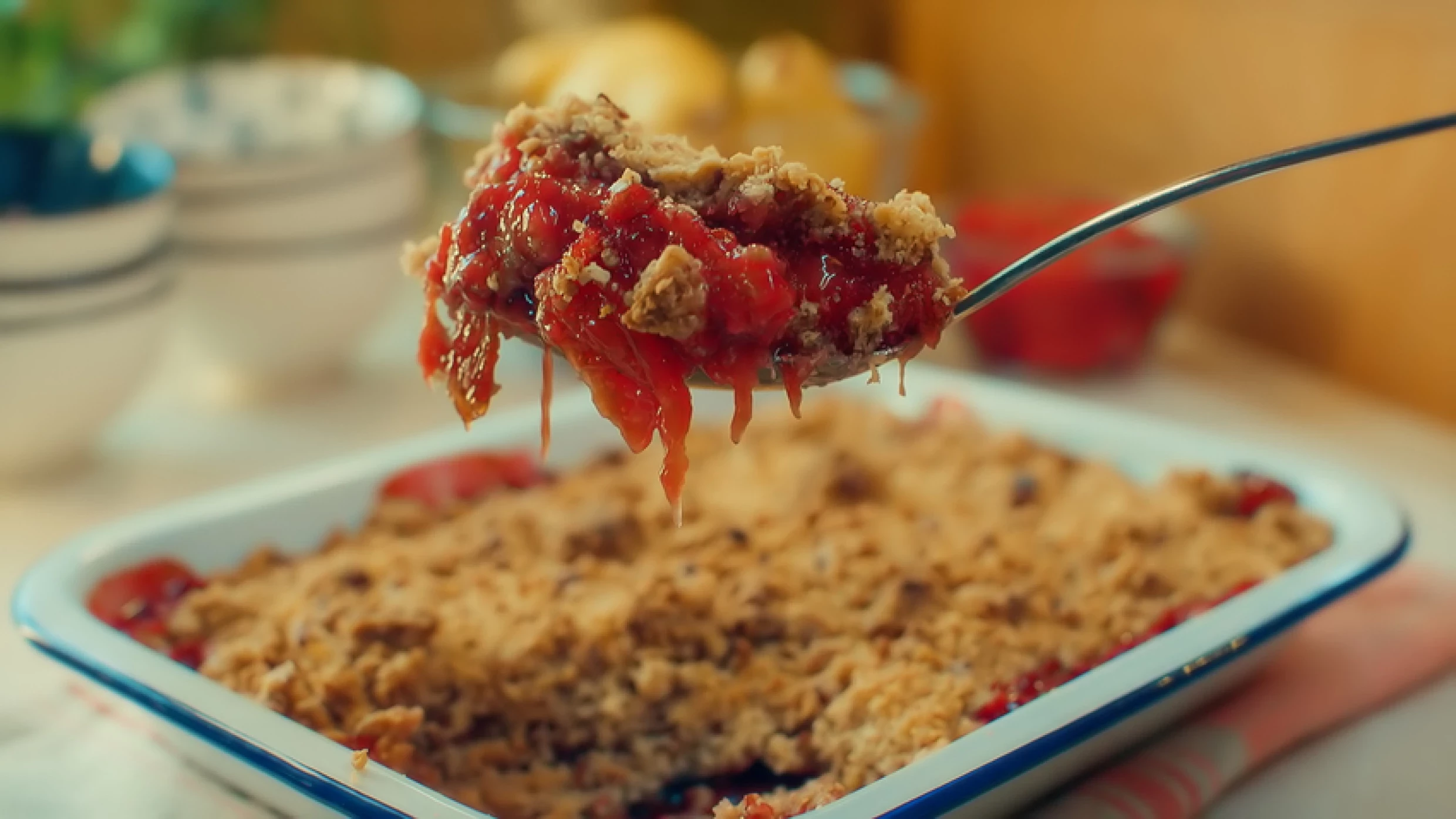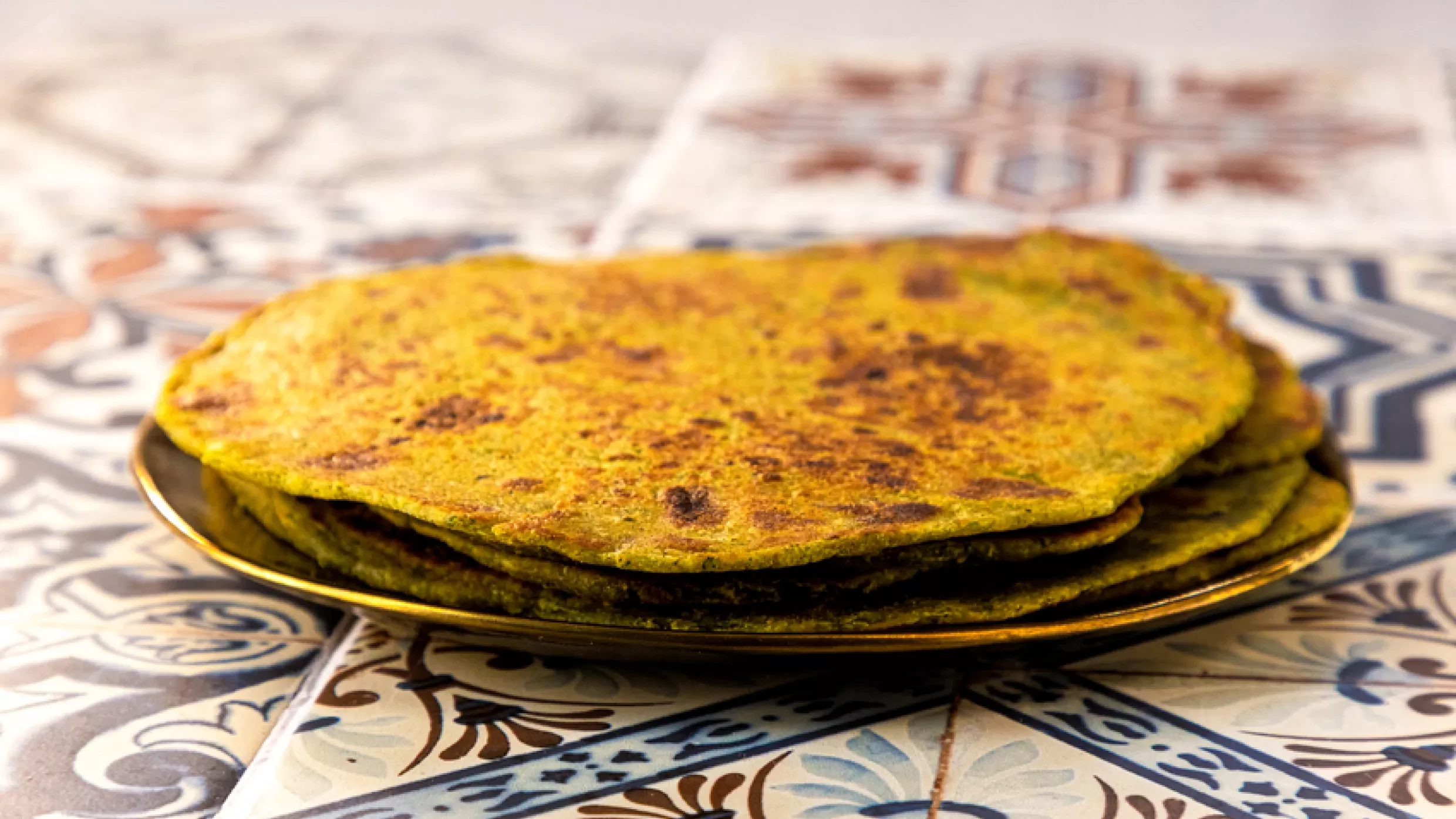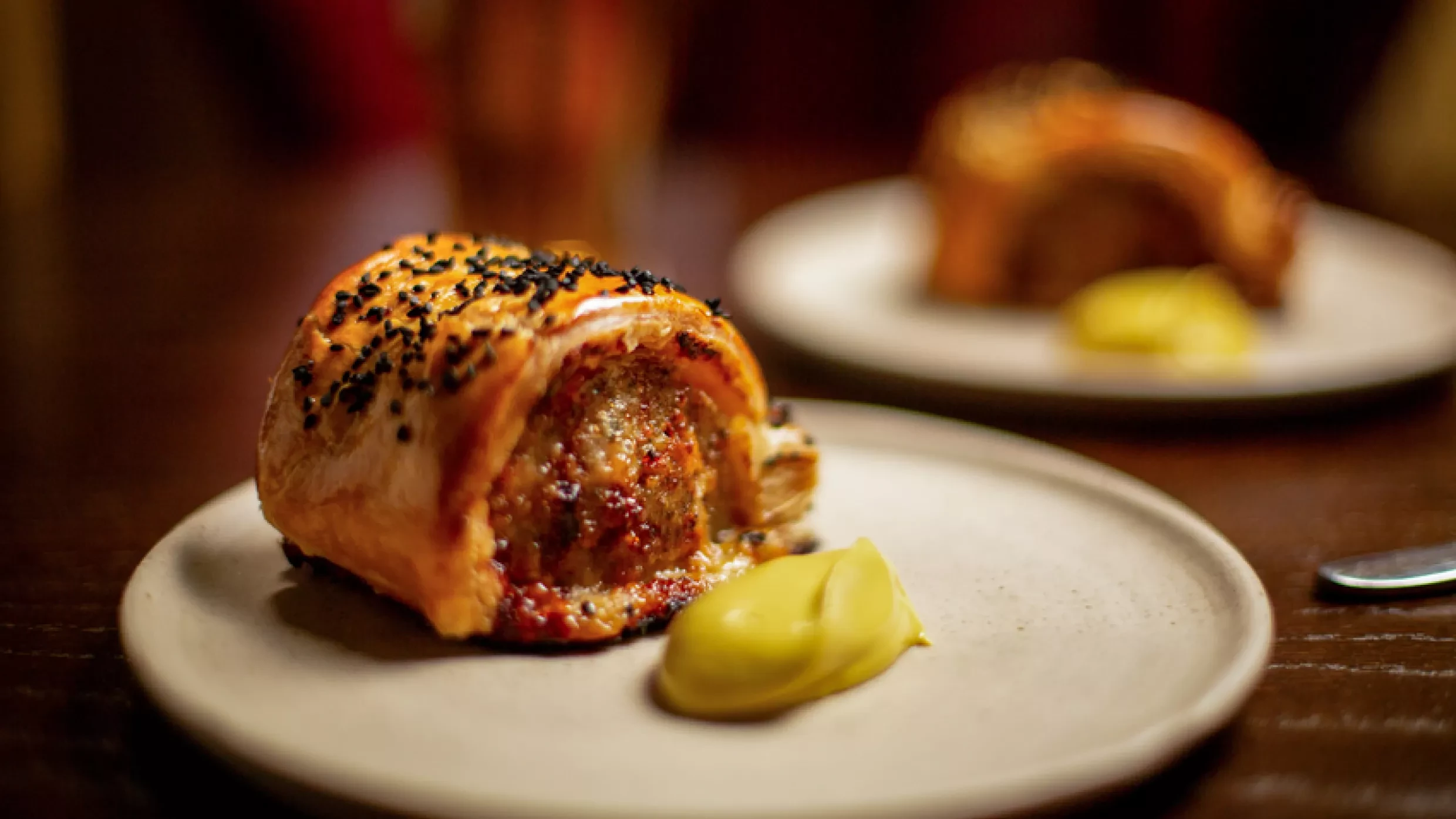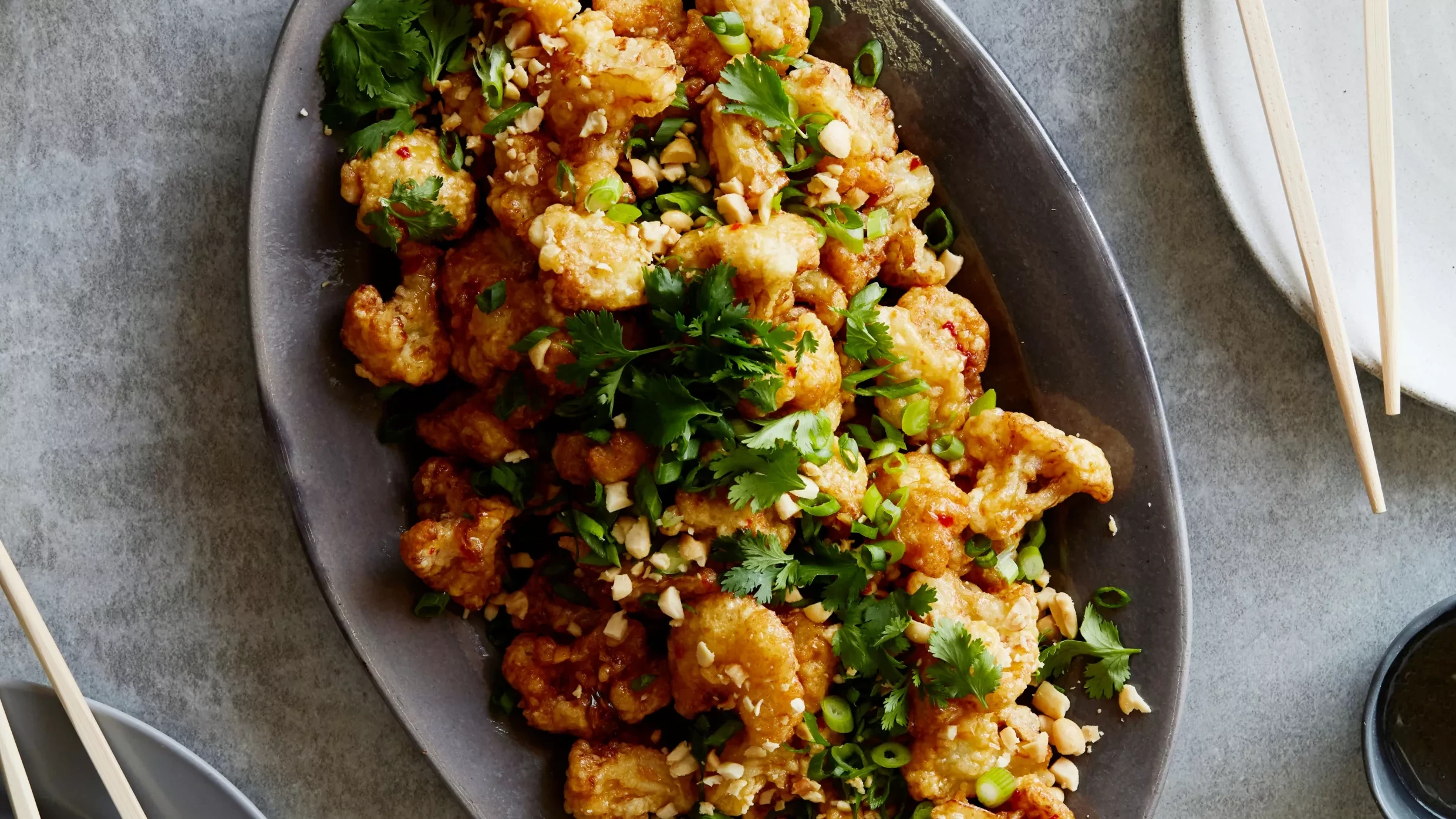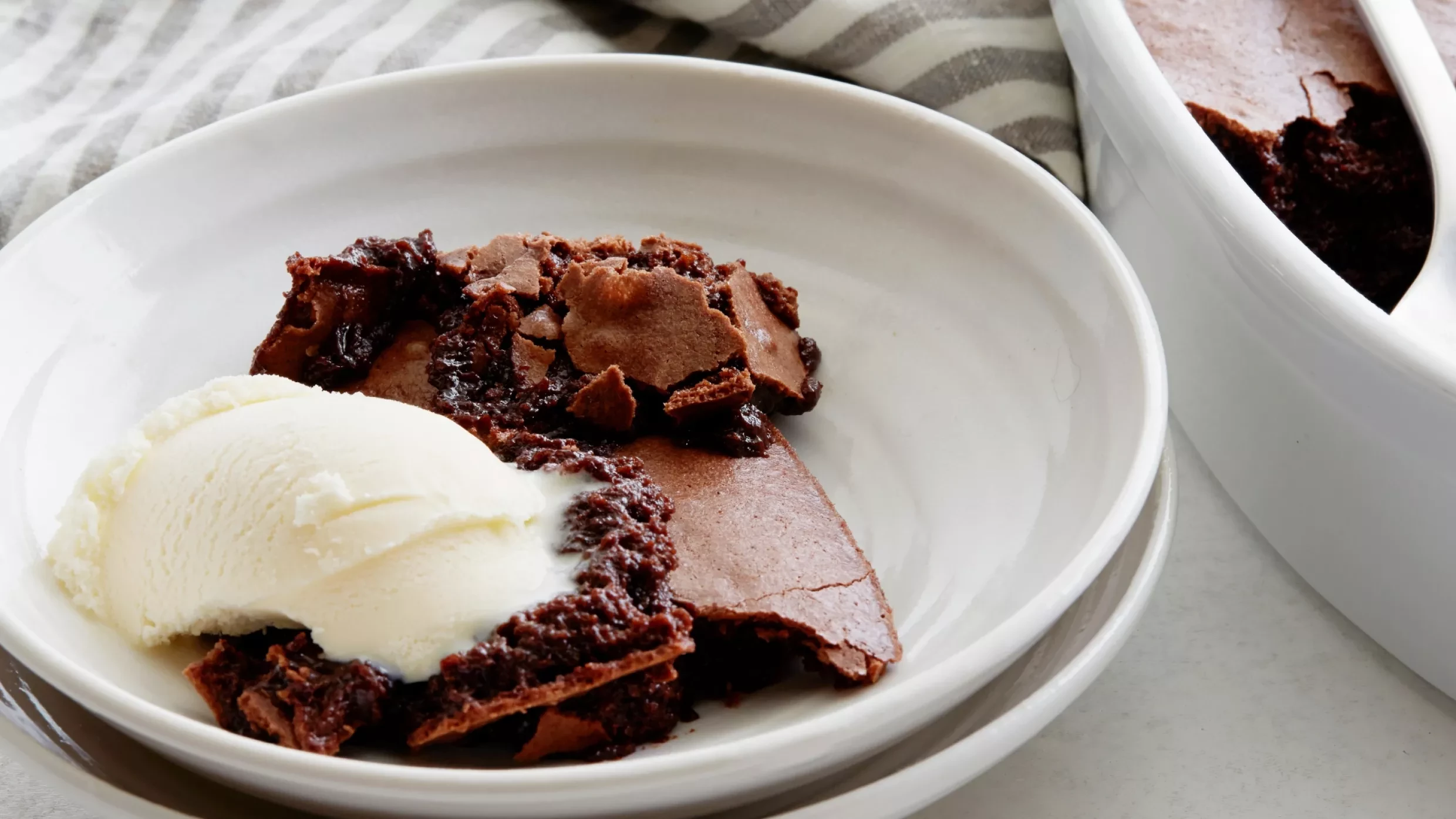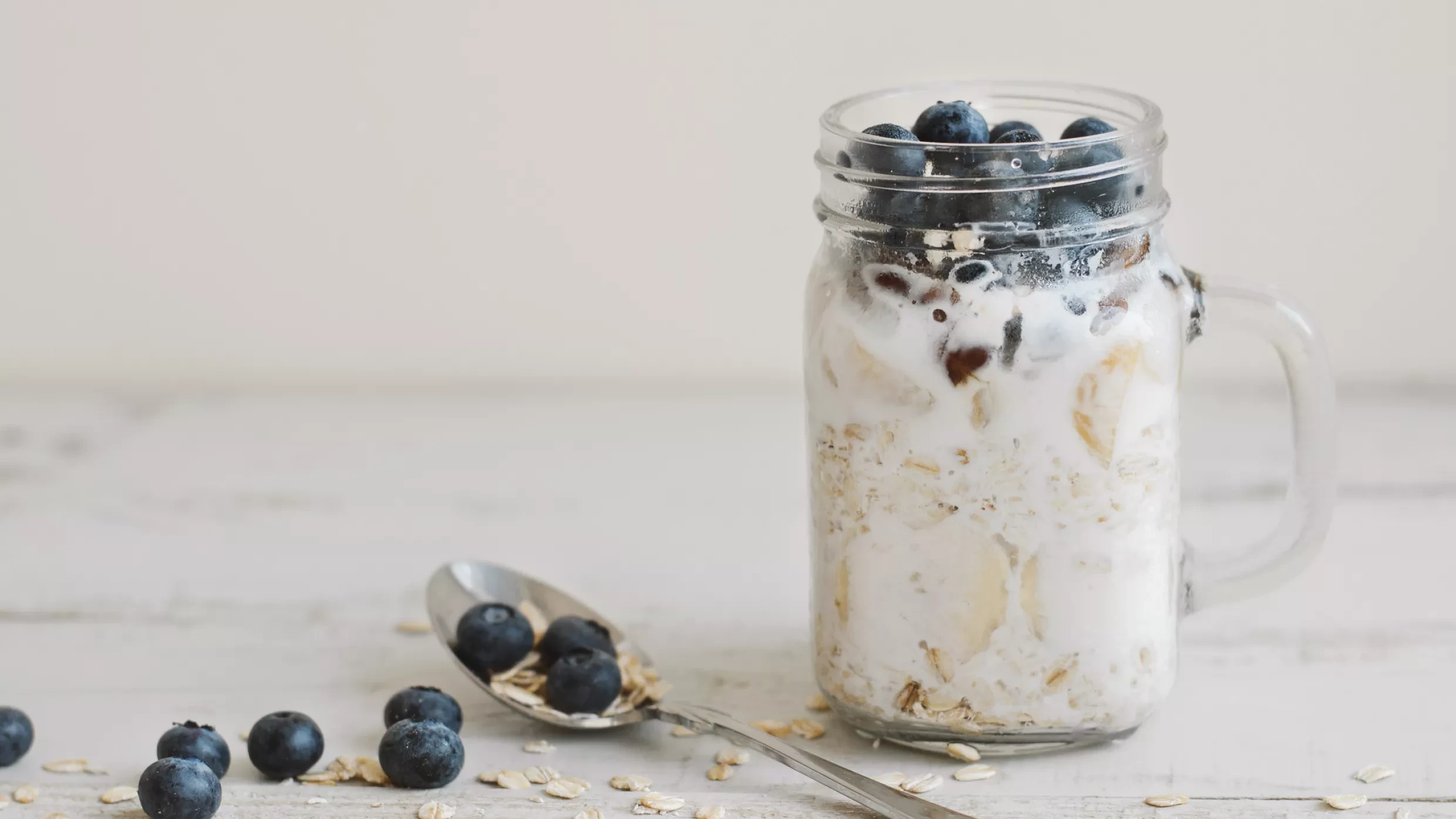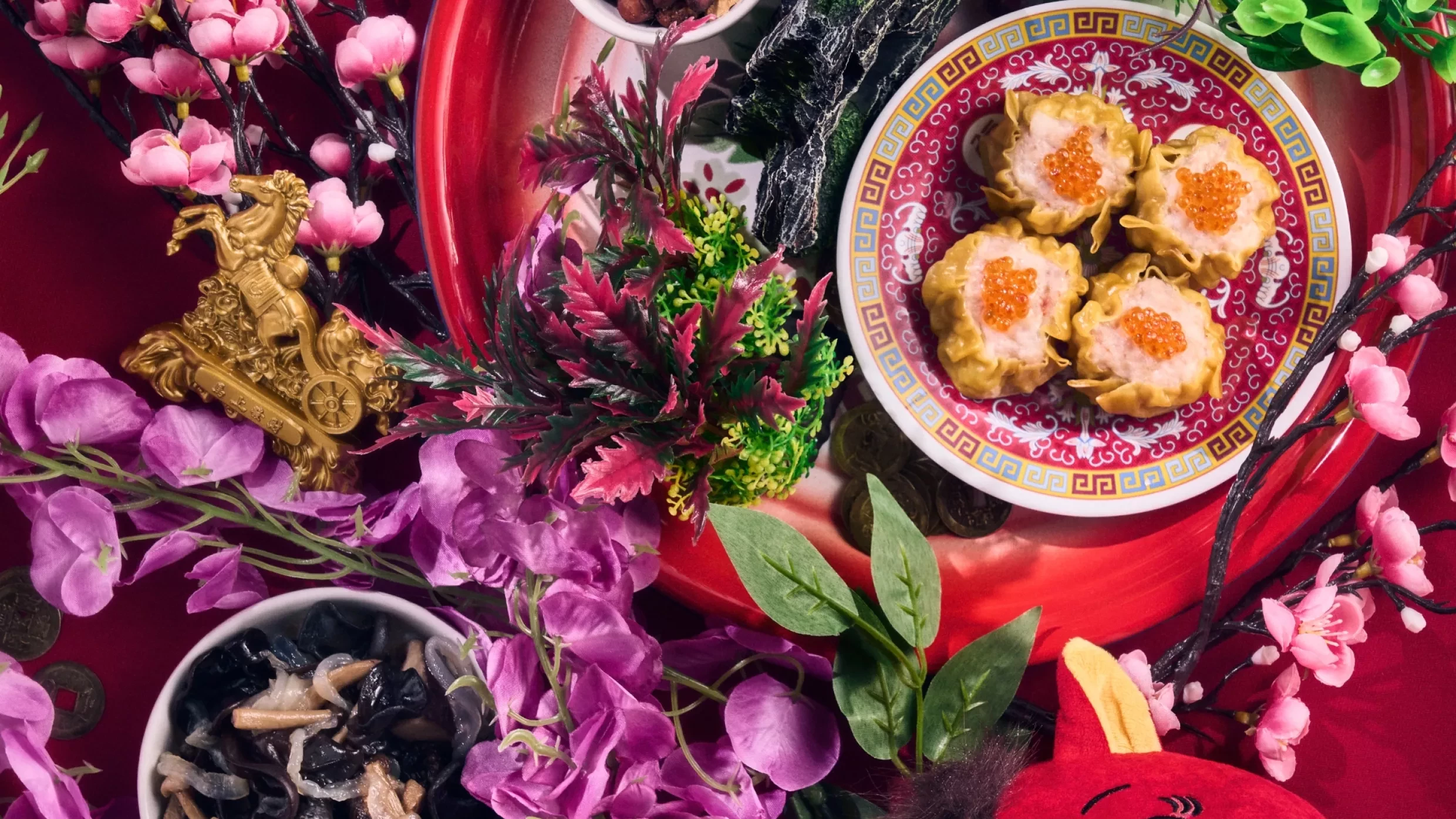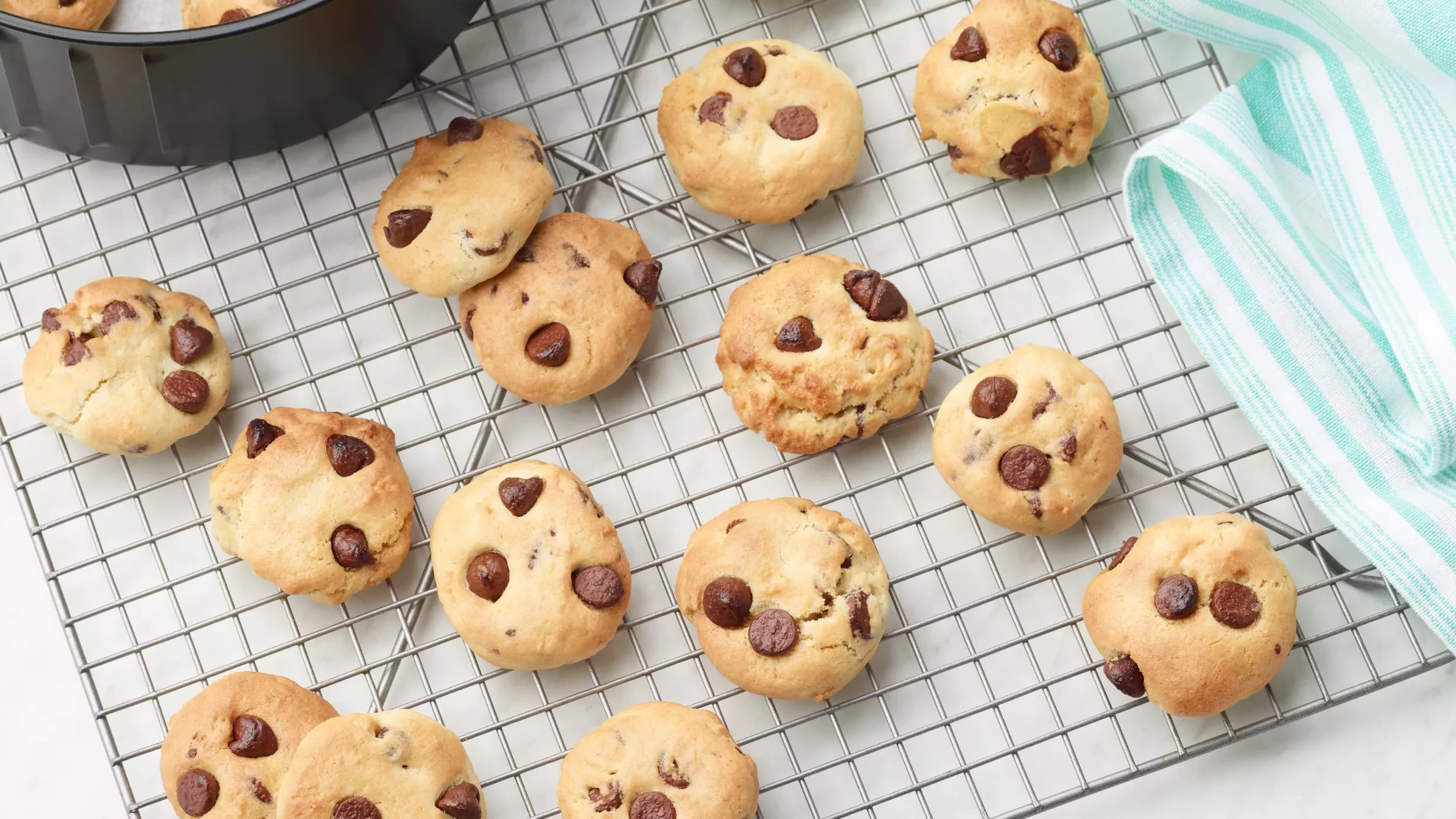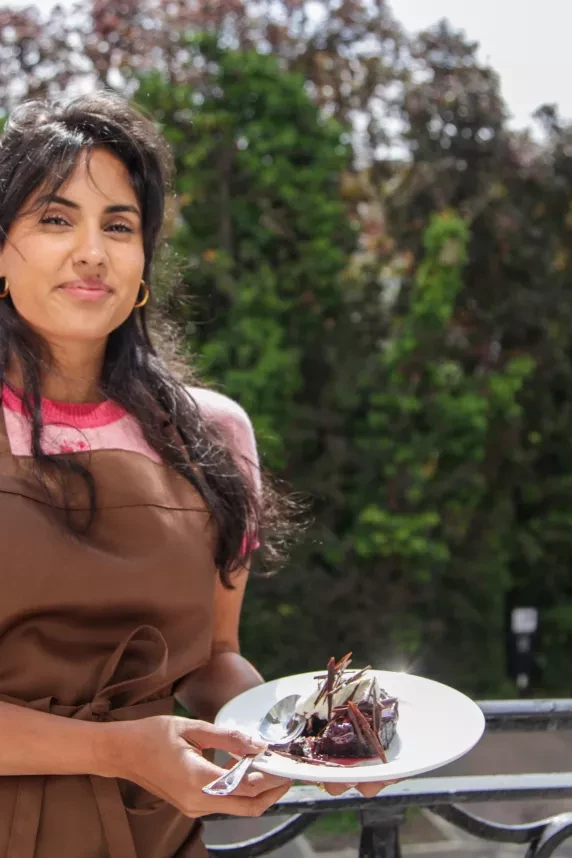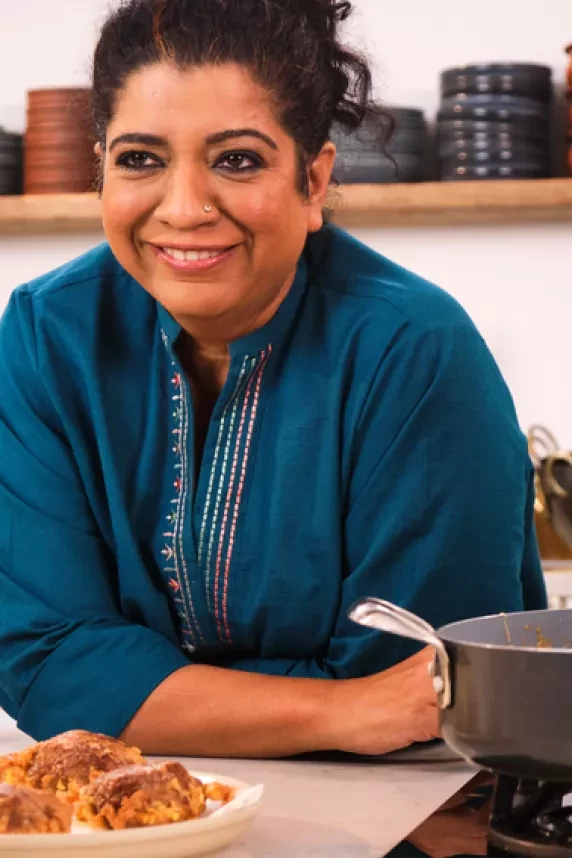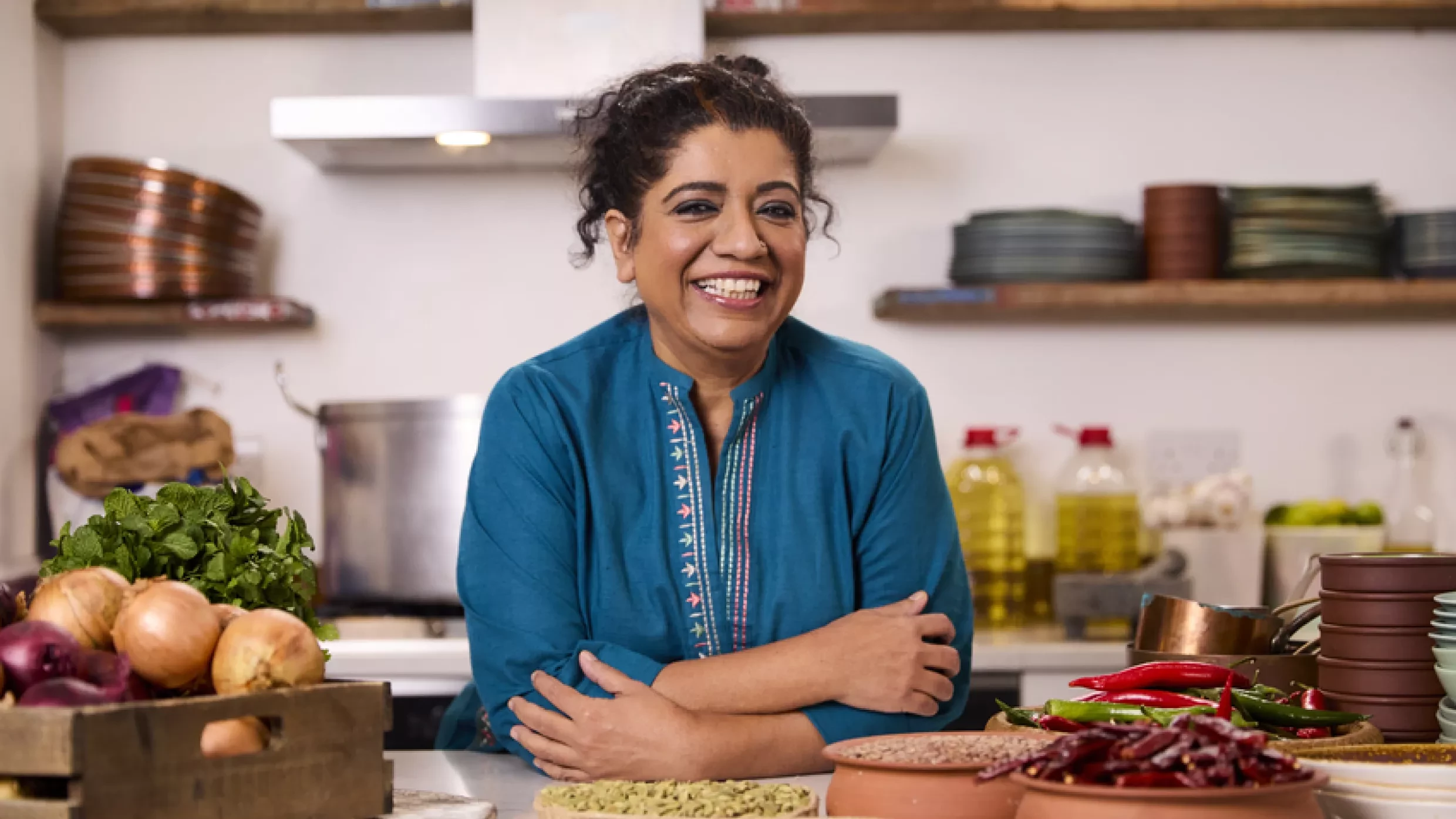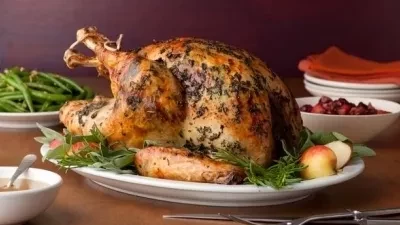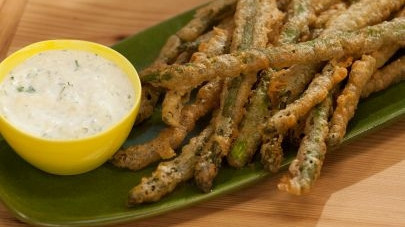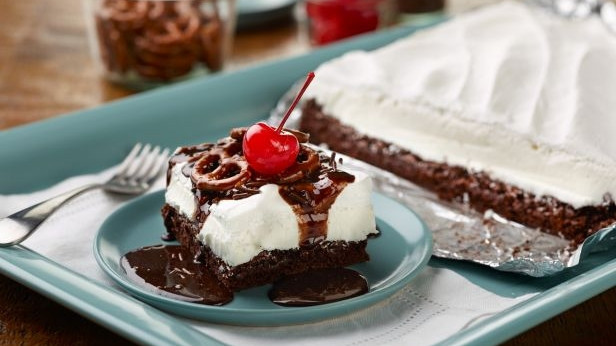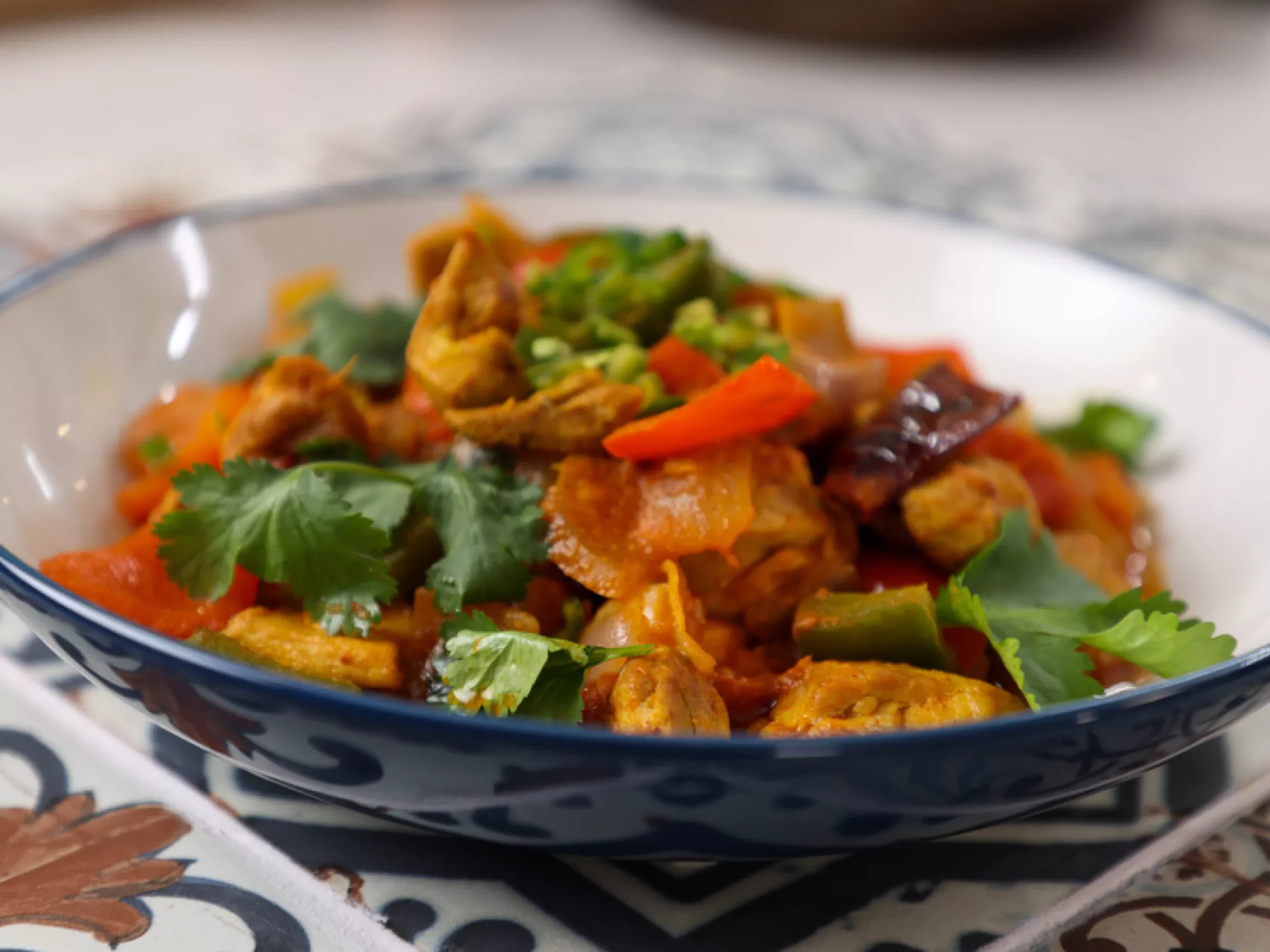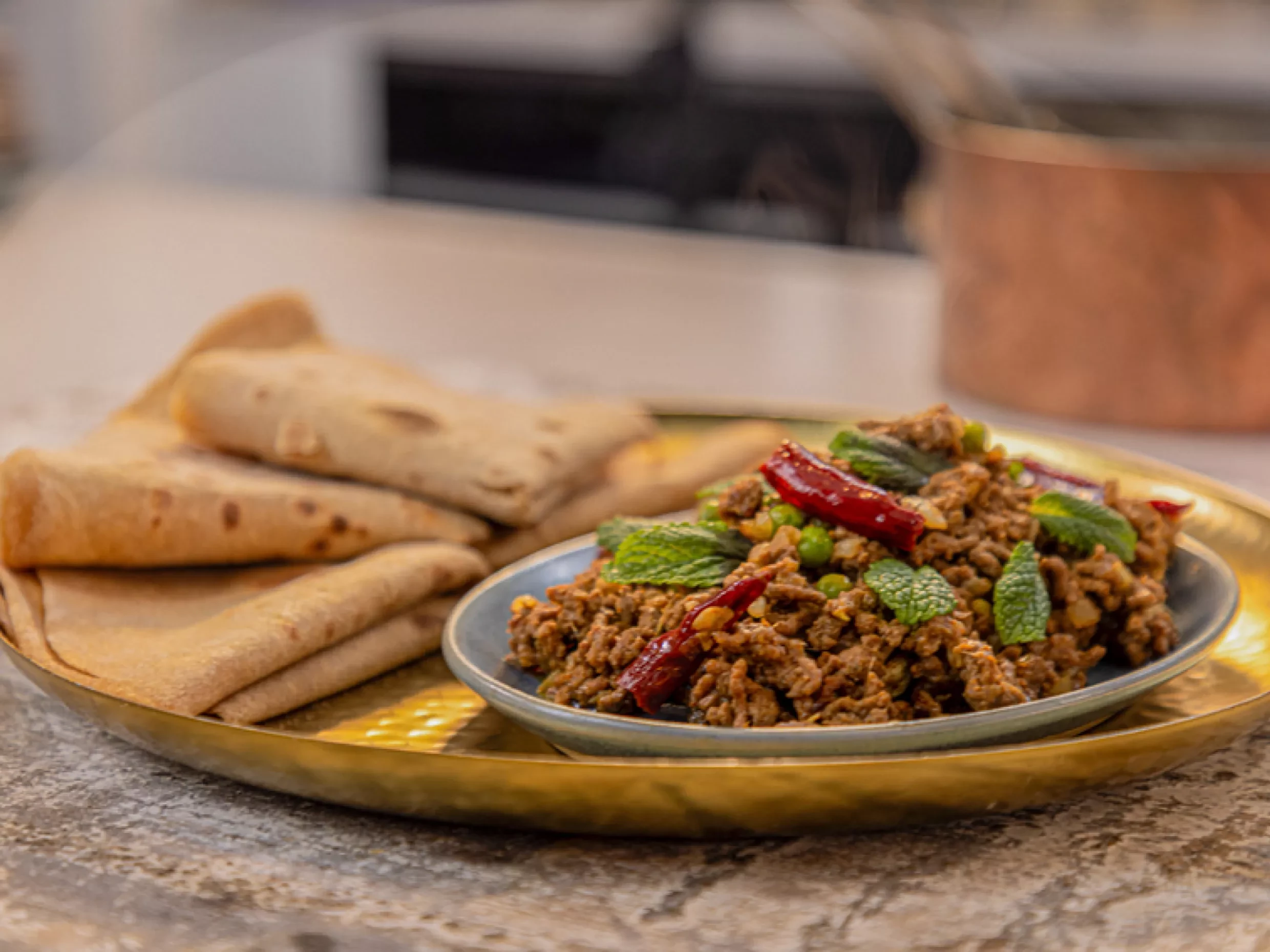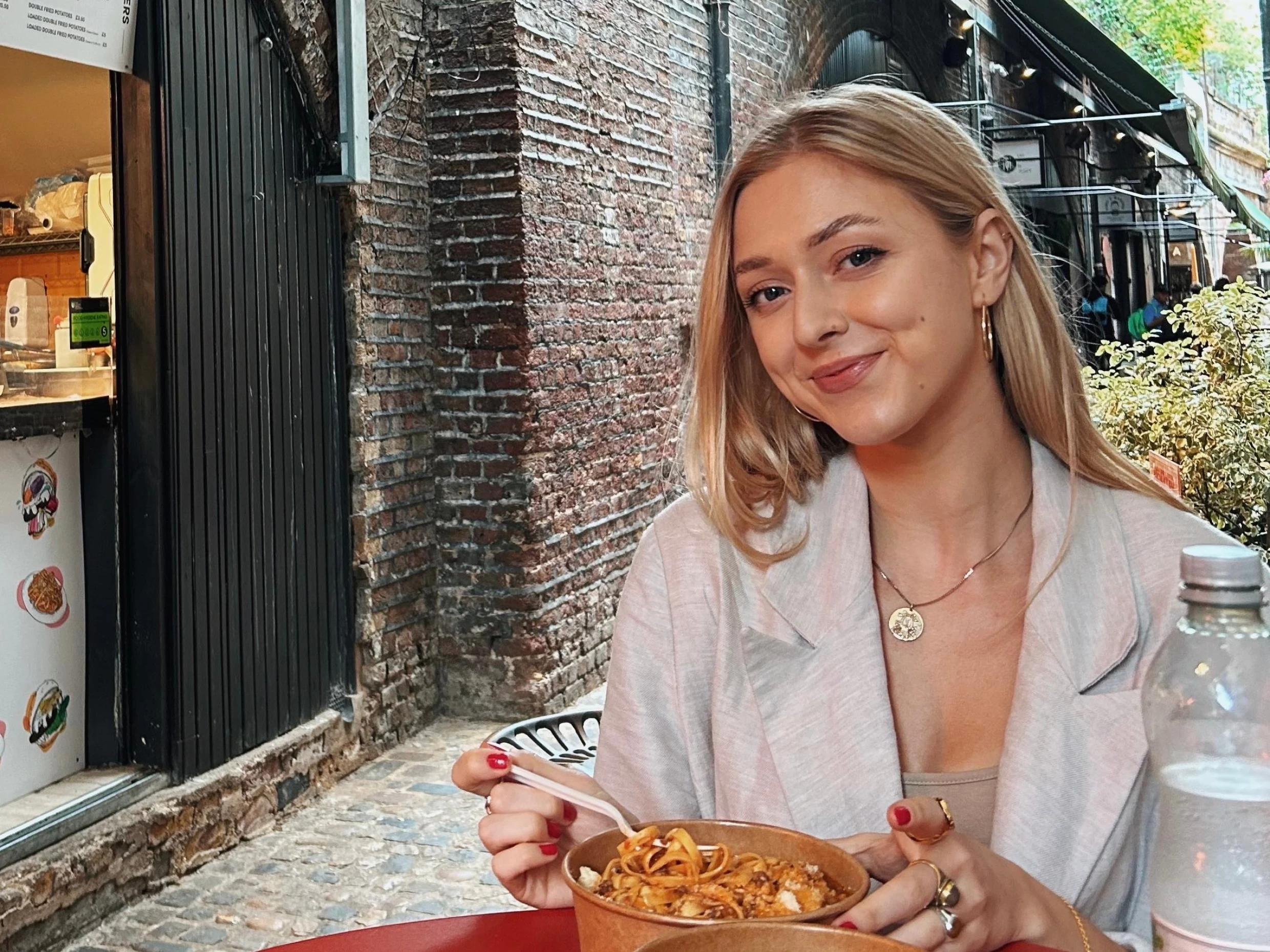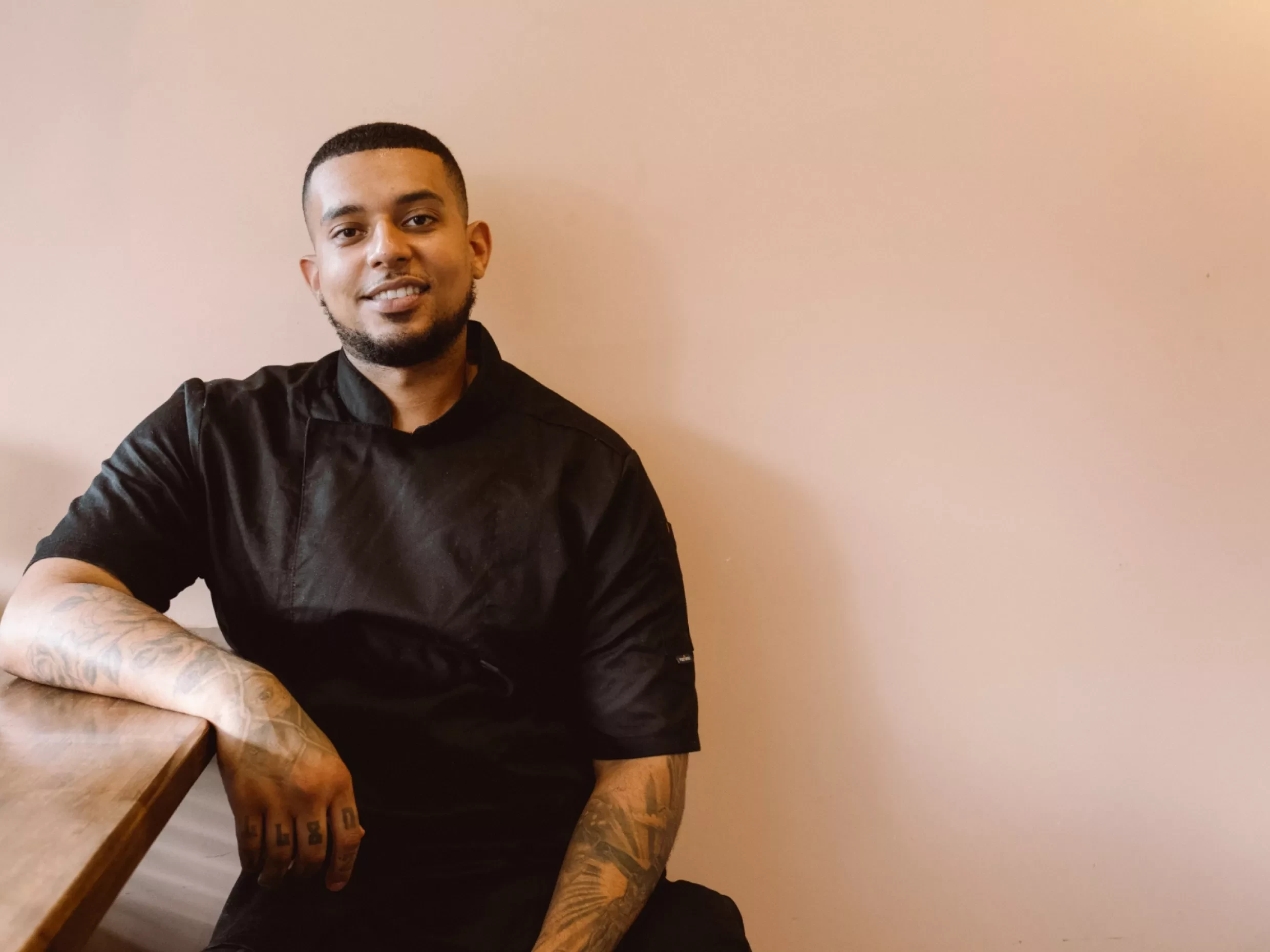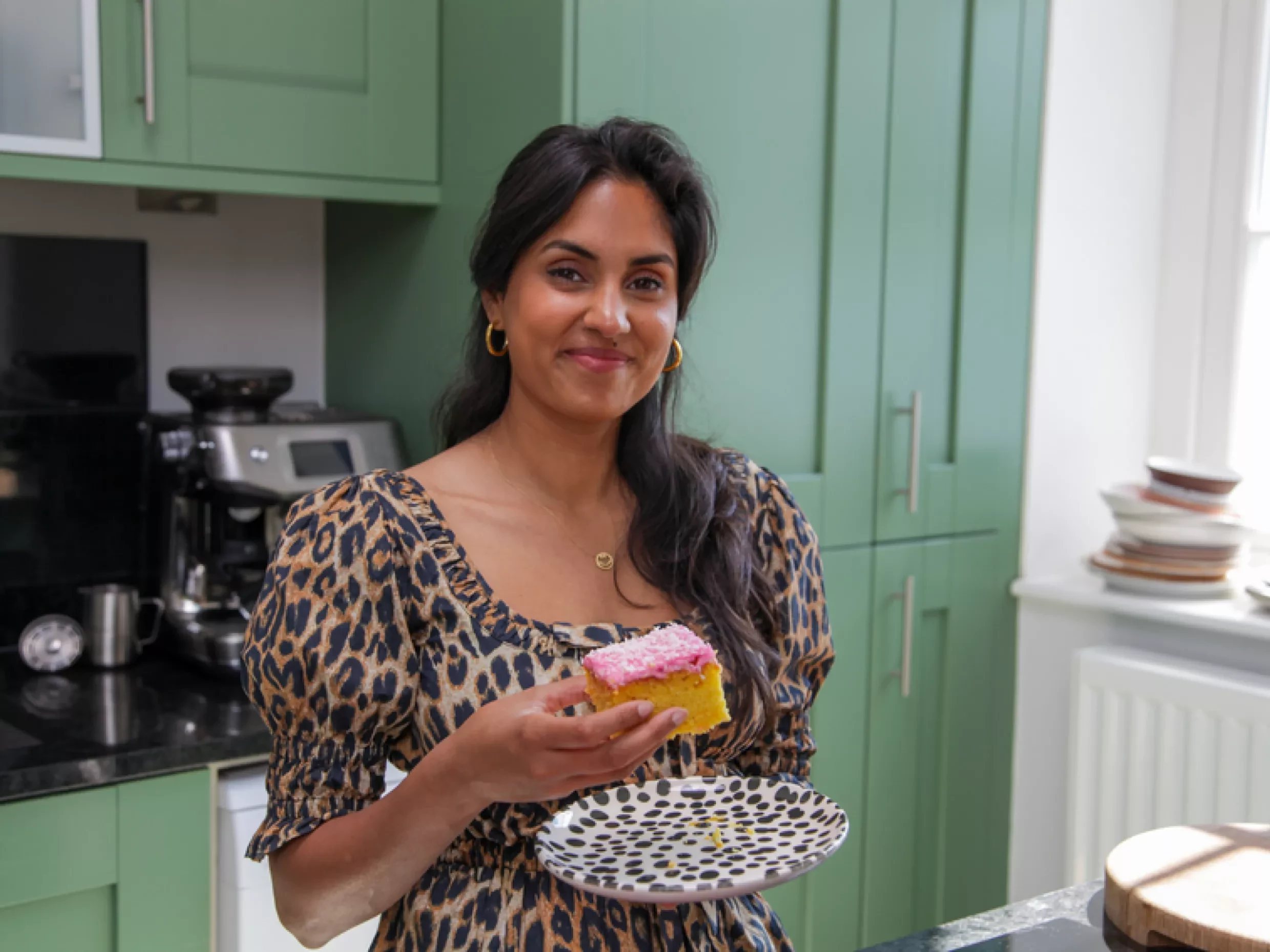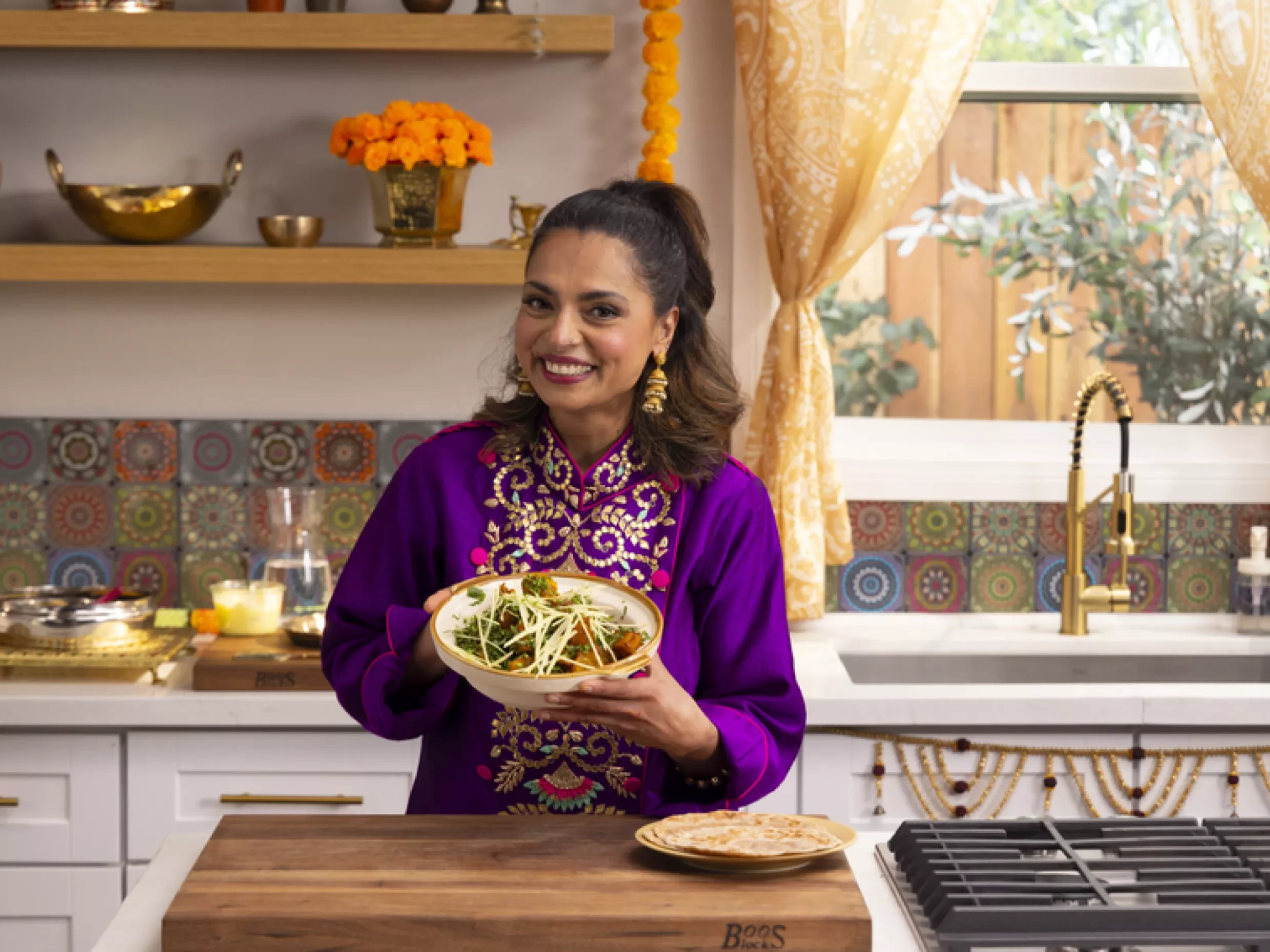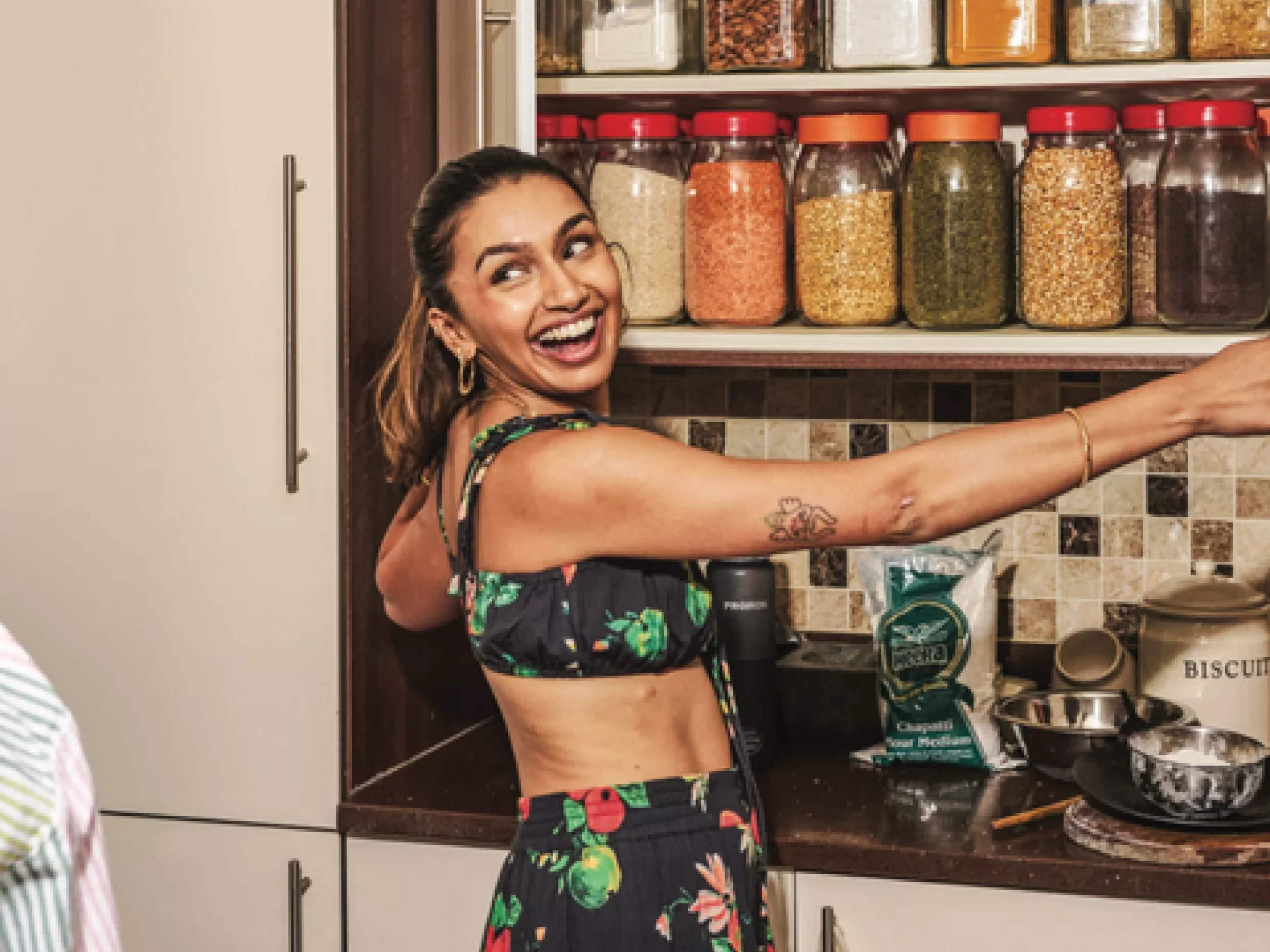Restaurateur, cookbook author, and now the star of her very own cooking show, Asma Khan is a force to be reckoned with in the culinary world. Asma's Darjeeling Express in Covent Garden is known for its all-woman kitchen who re-create authentic Indian recipes, sharing them with city-slickers who would otherwise be ignorant to the taste of patience and love in a dish. We sat down with Asma to discuss her journey into the kitchen, her female-driven team, and some "fusion-confusions".
What sparked your desire to venture into the culinary world?
"My journey into the kitchen was deeply personal. I didn’t grow up cooking- in fact, I only learned after I moved to the UK. I was homesick, missing my mother, my heritage, my place in the world. Cooking became my way back to myself- and then later, a way to build community, give women opportunities, and tell stories through food."
What, in your opinion, is unique about the Indian way of cooking compared to other cuisines?
"Indian food isn’t just about heat or spice, it’s about balance and tradition. Every dish has layers of history, ritual, and memory. We don't cook by the clock; we cook by instinct, by smell, by feel. The process is often slow and intuitive, you’re taught to listen to the crackle of the mustard seeds, smell when the onions are done, look for the corners of chicken beginning to curl up. It's a cuisine that uses all the senses."
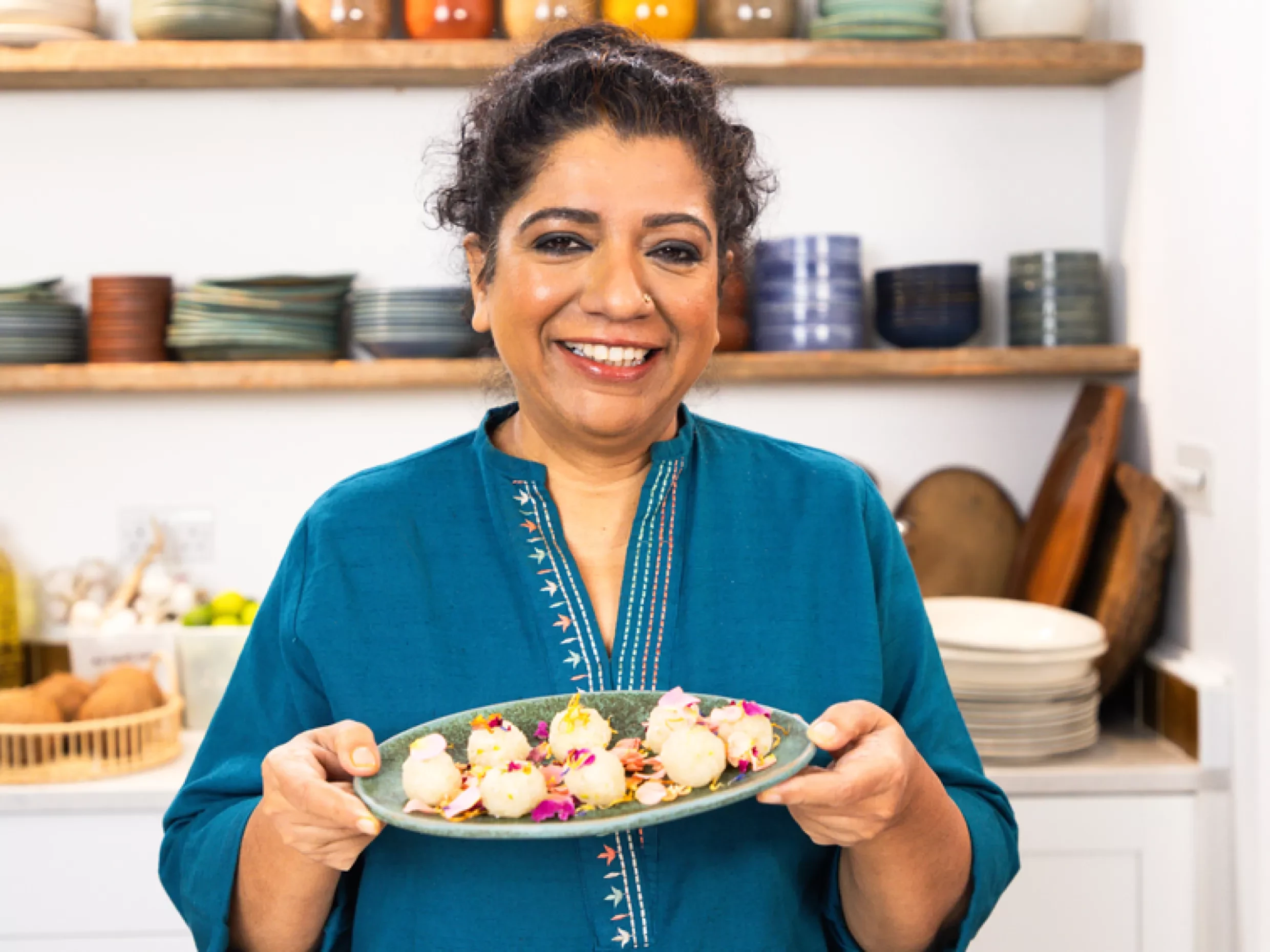
You say the secret ingredients to a good dish are patience and love. However, many Londoners prioritise convenience over pleasure. What are your thoughts on this attitude towards food, has it rubbed off on you at all?
"Convenience might save time, but it doesn’t feed the soul. I believe you taste the energy of the cook- rushed food feels different to food made with care. In my kitchen, even when we are busy, we never compromise on the essence of what we do. We prepare everything fresh every day, even if that means longer hours. It’s a choice, and I stand by it. Even in a busy city like London, I still cook the way my mother taught me- slow, intentional, full of love."
What does having an all-female kitchen mean for you, and what impact do you think it has had on your restaurant?
"It means everything. These women, many of whom had never worked outside the home, bring their strength, stories, and sisterhood into the kitchen. It's transformative, not only the food but the energy of the space. It’s resistance, reclamation and a celebration of unsung heroes."
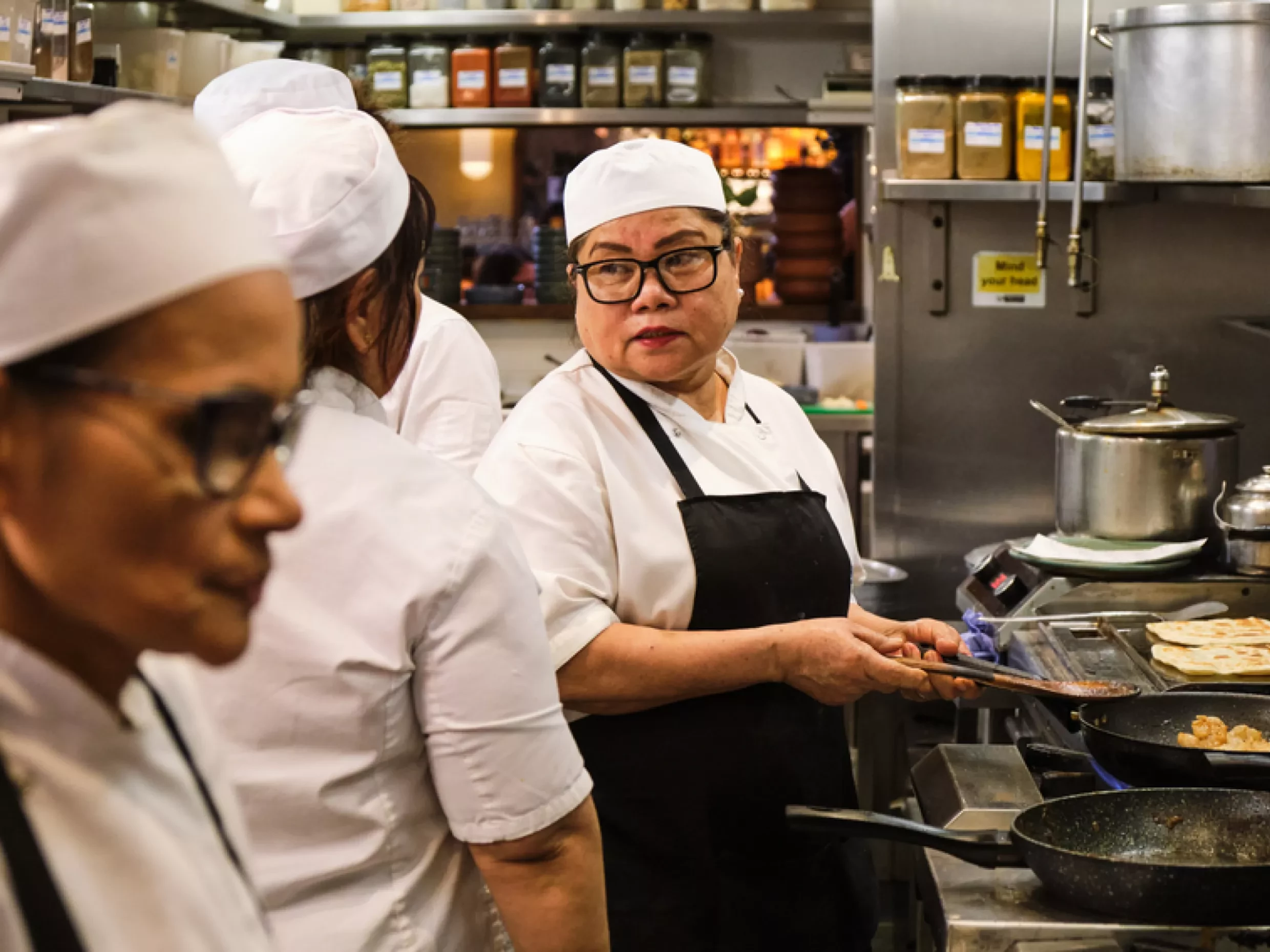
What, to you, is it about a restaurant that makes it truly authentic?
"Authenticity is not about sticking to a recipe; it’s about staying true to your story. My food is authentic because it comes from my family, my city, my past. I don’t try to please with small plates and champagne pairings; I honour my roots. That honesty resonates."
Do you have a favourite story to tell about a dish?
"The origin stories of dishes are often apocryphal and need to be taken with a grain of salt, but the way chicken jhal farezi supposedly originated seems to be a likely story. We do not eat boneless shreds of chicken usually, the traditional way to eat chicken in India is jointed, the unusual name would indicate that this was a dish that originated in the kitchen during the British Raj and was made up of leftover roast chicken after the British family had eaten their Sunday roast."
Since the fusion of British and Indian cuisine, a few misconceptions about Indian food have been born, such as popadoms being a starter. What is one ‘fusion confusion’ you see time and time again and would like to clarify?
"That all Indian food is “curry”- this word doesn’t exist in any Indian language! It flattens the rich diversity of our food. Also, that everything must be spicy. Our cuisine is nuanced- some dishes have no heat at all. And for the record, popadoms are not a starter! In some regions of India (like my own), they’re served at the end of the main meal with a chutney which is then scooped up with the popadom along with any remaining gravy and daal as an end to the meal."
What would you recommend for people who are new to Indian food and not well accustomed to spice?
"A dish that has got yoghurt as its base is always a good starting point, the navratan korma (9 jewel korma) is an easy dish to cook and it can be made mild, the vegetables used are familiar as you can add whatever you have in your fridge/freezer. It’s a combination of familiar vegetables with a very delecate base.
The other dish I would recommend is the keema mattar, as once again it’s made of familiar ingredients and textures and the addition of spices brings in a smokiness to the mince that allows you to hold back on the chillis if you need to.
Finally, the omelette curry is a definite winner as you can make the omelette exactly as you like it and the gravy/curry can be made milder to your taste."
Do you enjoy any Indian fusion cuisines?
Fusion that comes from respect and understanding can be beautiful, but I’m not a fan of gimmicks. I love Indo-Chinese food — it’s a true fusion born of history and necessity, not a marketing trend. It tells a story. I have an episode dedicated to Indo Chinese cuisine on ‘Secrets of the Curry Kitchen’.
What is one Indian dish you think everyone should try?
The prawn biryani which is a great introduction to the amazing world of pulao, zarda and other kinds of biryani. Once you perfect making any type of biryani through trial and error, you will soon be able to master this very traditional Mughlai dish which can then be a centrepiece for any occasion when you invite your friends and family.
Do you have a favourite dish from the show?
"The chicken kabab burger is a deeply nostalgic dish for me, like the toasties which I loved as a child, it’s something that you don’t often get in restaurants. It’s a very homestyle dish and I hope I will be able to bring the chicken kabab burger to our restaurant menu alongside the toasties which we are already serving at lunch and dinner."
What are some Indian dishes you’d recommend that don’t sacrifice patience and love, but can still be served as a mid-week meal for a busy family?
"The courgette paratha is my perfect idea of a midweek meal, quick, easy and not as hard to make as a traditional stuffed paratha, these nutritious flatbreads use up the straggling vegetables you probably have loitering at the back of your fridge."
Finally, rice or bread?
"Rice. Always. Rice carries the soul of the meal in my culture. My household was unique in that we grew up eating both rice and bread (most Indian families have just one or the other), but if I had to pick one I’ll always side with rice."

